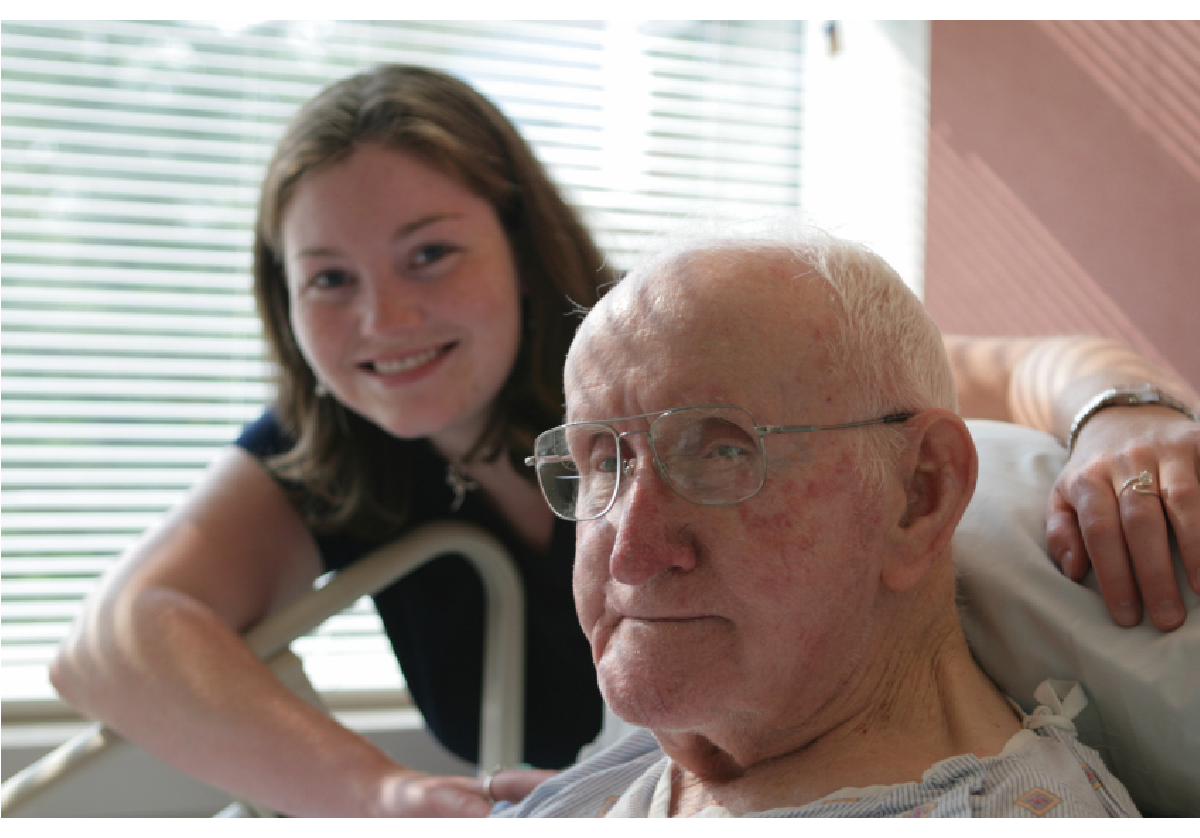Access to critical palliative care medicine secured

Collaborative advocacy has restored affordable access to a key medication for people and families managing the end stages of life.

“Changes in the pharmaceuticals market left people receiving palliative care with limited access to hydromorphone oral solution – a really important medication that provides relief from the pain and symptoms connected to a range of life-limiting illnesses,” says Margaret Deerain, Acting CEO, Palliative Care Australia (PCA).
“Hospital and community pharmacists found themselves stuck in the middle and unable to deliver a medication many people relied on, and one the sector wanted to continue to provide for."
The issue arose when an Australian supplier of hydromorphone oral solution left the market last year, and overseas suppliers needed to be sourced through special provisions of the Therapeutic Goods Administration (TGA). The overseas supplies came in a much larger bottle size, which being an opioid posed a quality and safety risk.
"Pharmacists were unable to split the bottles into smaller quantities and ensure their patients had access to the Pharmaceutical Benefits Scheme (PBS) subsidies," Ms Deerain says.
“However, I am pleased to report that the Commonwealth Department of Health, has responded to the issue and made adjustments to the PBS claiming arrangements so that palliative care patients can access the amount of medication they need, while also ensuring greater stewardship and limiting waste of this important medication.”
Kristin Michaels, Chief Executive of the Society of Hospital Pharmacists of Australia (SHPA), says “While hospital pharmacists are very familiar with managing medicine shortages, the only available hydromorphone liquid products were in large bottles of 473mL which are inappropriate to supply whole bottles of.”
 “Our hospital pharmacist members who work alongside doctors and nurses to provide safe and quality care for palliative care patients, have prioritised medicines safety and quality use of medicines by supplying smaller bottles of hydromorphone liquid. In doing so, they have been forgoing PBS reimbursement for hydromorphone liquid, which costs hundreds of dollars.
“Our hospital pharmacist members who work alongside doctors and nurses to provide safe and quality care for palliative care patients, have prioritised medicines safety and quality use of medicines by supplying smaller bottles of hydromorphone liquid. In doing so, they have been forgoing PBS reimbursement for hydromorphone liquid, which costs hundreds of dollars.
“We are very pleased to see the advocacy of PCA and SHPA’s Palliative Care Leadership Committee result in a common-sense change to the PBS listing of hydromorphone liquid which will facilitate safe and quality access to a critical medicine for palliative care patients," Ms Michaels says.
Other organisations involved in the advocacy included the Pharmaceutical Society of Australia (PSA), and the Australian and New Zealand Society of Palliative Medicine (ANZSPM).
“Access to quality palliative care is a right all Australians have, and I am pleased that we have all been able to get this common-sense result for people looking to make the most out the life they have left, thank you to all involved,” Ms Deerain says.
The changes come into effect on 1 August 2022.
Pharmacists seeking further information and advice on the update to the PBS related to hydromorphone should review the determination issued by the Department of Health and Aged Care. Patients should speak to their doctor or palliative care nurse.
